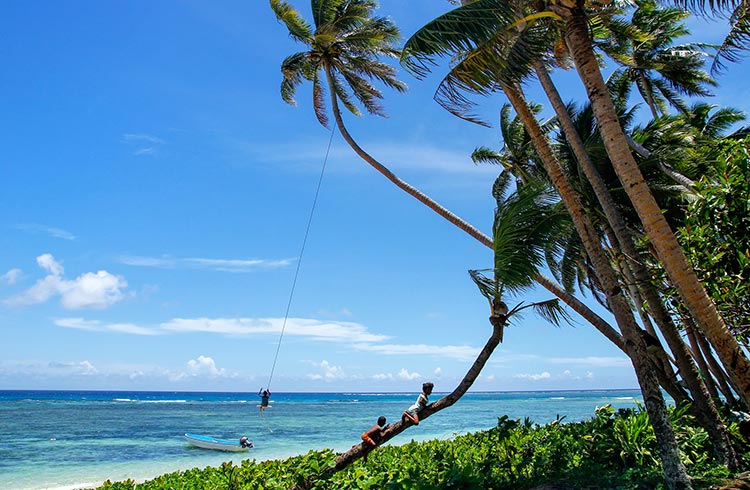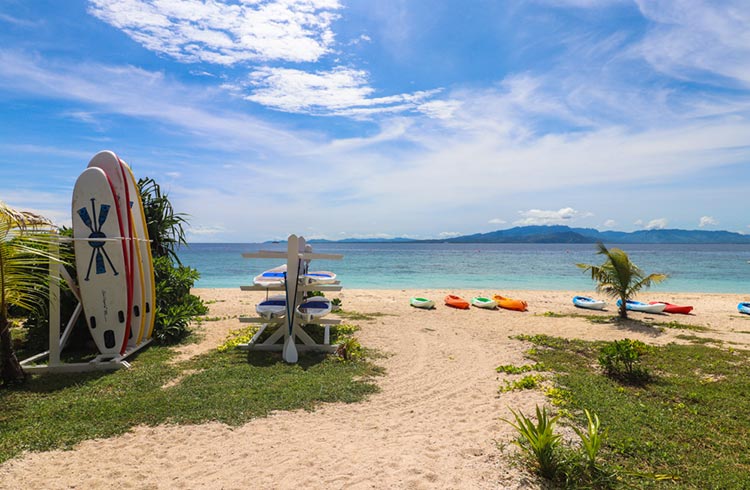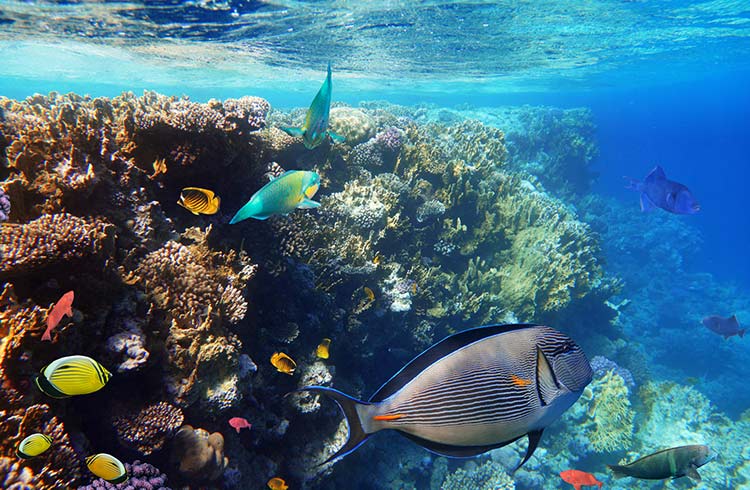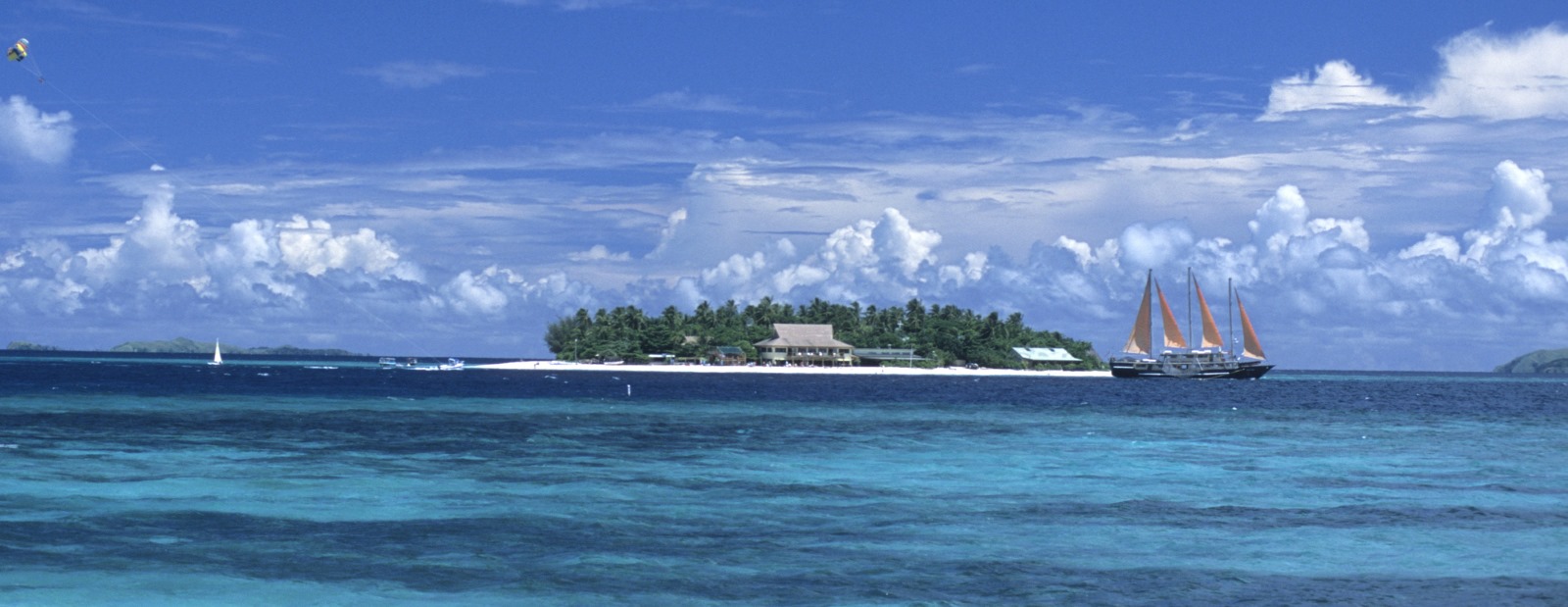Maddy Tobert from Tribewanted has spent a few years in Fiji, and shares her tips, from kava customs to learning to meke.
 Photo © Getty Images/Donyanedomam
Photo © Getty Images/Donyanedomam
- Embrace "Fiji Time"
- Join the tribe in Vorovoro
- Be careful not to trespass
- Bring kava or other gifts
- Take the bus or use your thumb
- Head north
1. Embrace "Fiji Time"
On your first day in Fiji, you’ll hear about Fiji time. You’ll hear about it on your second day too. And your third, your fourth, your fifth… People take it to mean that life is slow, take your watch off – don’t rush. In my experience it is more a total absence of time. This is an easy place to spend time. Trust me, I've spend three years here.
2. Join the tribe in Vorovoro
It was Vorovoro and Tribewanted that drew me to Fiji. I wanted to get off the beaten track but didn’t know how. Every time I looked for places to visit I came across the Yasawas and the Mamanucas which looked amazingly beautiful (they are!) but well traveled. I was researching a book and needed to be in a place where I could meet Fijians and pick their brains.
Northern Fiji, far from the tourist trail, seemed like the answer – it was. On Vorovoro you live alongside Fijians and get an insight into their culture. I learnt to weave palm roofs, make brooms, meke (dance), spearfish (although I’m awful at it), speak a little of the language, sing isa lei (the farewell song), and most importantly, how to act in this country. I used that last lesson to travel further into the heart of Fiji.
3. Be careful not to trespass
My best experiences by far have been the ones where I’ve stayed in villages. Fijians are massively hospitable and invitation follows invitation. But don’t just wander about. All land in Fiji is privately owned and you will be trespassing.
4. Bring kava and other gifts when visiting villages
Take some yaqona (kava) with you. This is the local ceremonial drink. The roots are pounded, mixed with water and the result is a muddy looking, gently narcotic concoction. The initial taste is that of aniseed or mud depending on who you ask. Present this as a sevusevu, a gift, to the head man of the village – the chief if there is one, or an elder if there’s not. He’ll accept it and when he does it means that he is accepting you onto his land, that his ancestors bless you and that you are welcome. But take some other things as well.
Rural Fijians are frequently poor with a lot of mouths to feed. If you plan to stay with a family, bring a few loaves of bread, some butter, rice, oil etc. It doesn’t really matter what, but a contribution. It’s not a like-for-like, you give me this/I’ll give you that but it’s a pre-emptive response to all you will receive.
5. Take the bus or use your thumb
It’s cheap to travel around Fiji. Or at least it can be. If you get into a taxi you will be given a special kai vulagi price – it’s much higher than the local one. Take buses instead. They’re a good way to meet people and see the country, but yes, they’re slow. A little faster are minibuses which work as shuttles between certain destinations. They’re often unmarked but will stop if you flag them down (if they don’t they are either full or just a private van!).
If you’re going somewhere and can’t find transport, hitchhike. At the end of the journey contribute a dollar or two to the driver and everyone leaves happy. If you’re traveling between the two big islands, Viti and Vanua Levu, and have time to spare, take the ferry instead of flying. It’s much cheaper, has great views and is an experience in and of itself.
6. Head north
Fiji’s tourist trail centres around Nadi and the islands off the east coast of Viti Levu. It you want to get off the beaten track, go to Vanua Levu. Visit us on Vorovoro and meet the locals, dance, snorkel, drink kava. Or head to Tavenui, hike, swim under waterfalls, dive the most beautiful reefs I’ve ever seen. Perhaps go to Qamea to surf, or stay with a family in one of the villages of Udu Point.
Related articles
Simple and flexible travel insurance
You can buy at home or while traveling, and claim online from anywhere in the world. With 150+ adventure activities covered and 24/7 emergency assistance.
Get a quote


No Comments